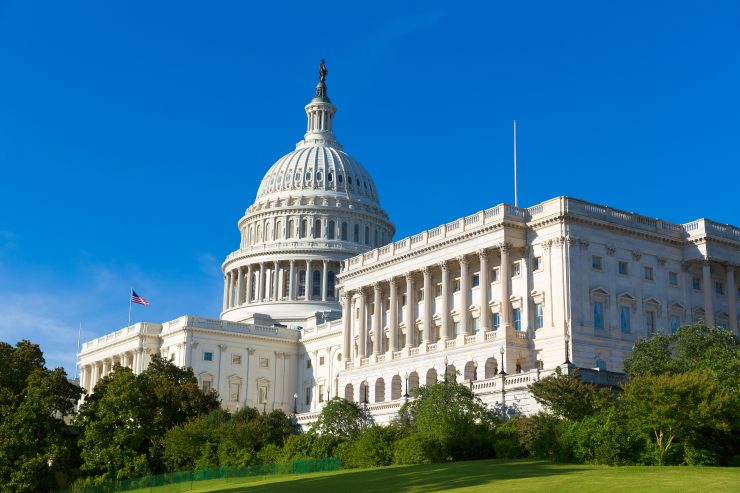The US House of Representatives has approved a bipartisan bill to support the investment of up to USD200 million in inspection services provided by Uncrewed Aerial Vehicles (UAS). The House of Representatives bill 5315 calls for the increased use of drones for the inspection of critical infrastructure, according to a report by Done DJ.
The report says the draft legislation was introduced last year as a precursor to the identically named Drone Infrastructure Inspection Grant Act (DIIG) tabled by bipartisan sponsors in the Senate as a companion proposal last month.
Sponsored in the House by Arizona Democrat Greg Stanton, the legislation would free up USD100 million in competitive grants for the deployment of drones in conducting critical infrastructure inspection, maintenance, and construction projects. Both versions of DIIG stipulate UAVs must be US-made to qualify for inclusion under the initiative.
Both bills additionally earmark another USD100 million for workforce training and education programs of pilots and technicians that will be needed to effectively perform drone infrastructure inspection missions and to analyse data collected from them.
Stanton noted that many states, tribes, and municipalities already use drones to supplement and enhance human inspections of infrastructure that includes bridges, roads, dams, and electric substations. Deployment of the craft is also rising for surveying highways and other public lands; combating wildfires; and monitoring the recovery of natural disaster areas.
Despite that, Stanton said in urging passage of DIIG that even the increasing levels of donre use in infrastructure inspection lag behind the faster rising urgency of the work still needing to be done.
“There’s a nationwide backlog for critical infrastructure inspections –and it’s because traditional methods are often time consuming and expensive, and can even be dangerous,” said Stanton. “Using a drone to inspect infrastructure in hard-to-reach places – such as underneath bridges – can speed up the inspection process, is safer for workers, and can help save states and local transit agencies money. I’m grateful to my colleagues for their support and look forward to passing this common-sense, bipartisan bill through the Senate.”
In addition to enjoying general support across the political divide, the legislation is vocally supported by influential groups that include the US Chamber of Commerce, National League of Cities, National Council of State Legislatures, American Association of State Highway and Transportation Officials, and the Commercial Drone Alliance and Association of Unmanned Vehicle Systems International.
(Image: Shutterstock)
For more information visit:




